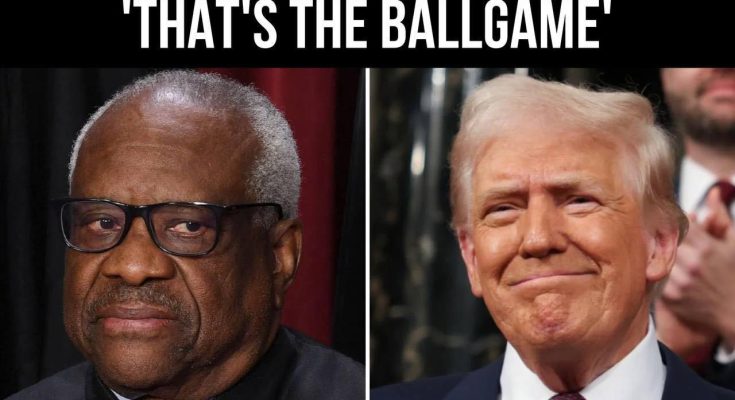A federal appellate court has opted not to suspend the rulings of a lower court in a case that questions the Trump administration’s power to deport Venezuelan nationals under a wartime statute from 1798.
In a 2-1 decision, a three-judge panel ruled in favor of the plaintiffs, further obstructing the Trump administration’s deportation efforts.
Judges Karen Henderson, Patricia Millett, and Justin Walker of the D.C. Circuit Court of Appeals agreed last week to expedite the case and conducted oral arguments on Monday.
During the proceedings, Judge Millett, appointed by Obama, aligned with the plaintiffs and engaged in a dialogue with Justice Department attorney Drew Ensign. They debated whether the Trump administration had infringed upon constitutional due process rights by possibly not allowing deportees sufficient time to pursue habeas corpus protections, as well as the manner in which the administration was implementing the relevant law.
It is highly likely that the Trump administration will seek to appeal this decision.
A legal analyst remarked during a CNN discussion that Democrats could face significant challenges if this case escalates to the U.S. Supreme Court. “This has been an unprecedented case from the outset,” noted Xochitl Hinojosa, a former Public Affairs Director at the DOJ. “In reality, the D.C. Circuit is addressing a complex legal issue. The Alien Enemies Act itself is not under review; rather, they are resolving a conflict between Judge Boasberg and the Department of Justice. The administration has invoked an 18th-century statute, and the Justice Department is involved in this matter. Essentially, the judge indicated, ‘I require additional information on this,’ and requested a pause. It has been a considerable time since this statute was last applied. After the Justice Department declined to cooperate, they initiated this appeal, which is now pending before the D.C. Circuit. Thus, the focus is heavily on procedural aspects. Overall, I would suggest that the Justice Department is unlikely to prevail. Clearly, political factors are significantly influencing this situation.”It may indeed come down to this point. Mark, if Trump succeeds, it would represent a victory in this context, contingent on the eventual outcomes. Overall, however, it is his gamble. Host Erin Burnett posed the question, “Is Mark anticipating that this will ultimately reach the Supreme Court?”
That is the desired endpoint. The Trump administration aims to enhance its power and ability to execute deportations with minimal judicial oversight. As Axios senior reporter Marc Caputo noted, “That’s the current situation.”
The Trump administration believes that the law favors their position and that the composition of the Supreme Court ultimately aligns with their interests. In essence, there are more Justices appointed by Republicans than by Democrats. Caputo elaborated that these two factors are essentially the crux of their strategy.
In an interview with Fox News, Attorney General Pam Bondi strongly criticized lower court judges for their involvement in immigration issues. She also indicated her willingness to escalate the case to the Supreme Court if necessary.
Commenting on the lower court decisions, Bondi stated, “This is a rogue federal judge attempting to dictate our entire foreign policy, and he lacks the authority to do so.”



